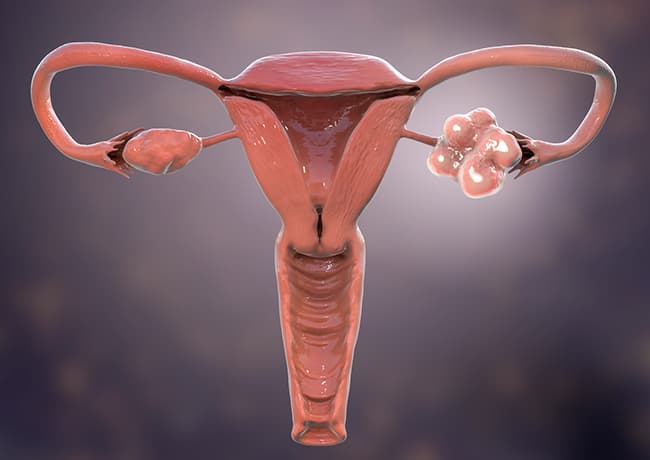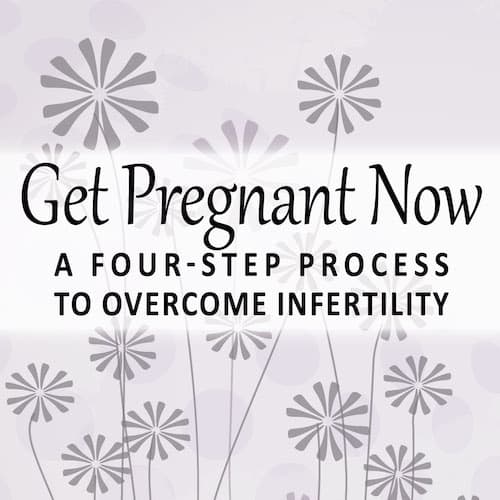PCOS and Fertility
 You might have heard about it, but unless you have polycystic ovarian syndrome you probably don’t know that it is a major hidden cause of infertility.
You might have heard about it, but unless you have polycystic ovarian syndrome you probably don’t know that it is a major hidden cause of infertility.
About ten percent of women have PCOS but most women don’t even know they have it! Today I’m going to review the major (often hidden) symptoms of PCOS, why and how it interferes with your fertility, and how to overcome PCOS as a cause of infertility.
First of all, what is PCOS? PCOS is a complex hormonal condition that affects a woman’s ability to ovulate normally. Instead of producing a single follicle which releases an egg during ovulation as normal, a woman suffering from PCOS produces too many male hormones that interfere with the normal process. Instead of producing enough LH to cause a surge and produce a normal ovulation cycle, a number of follicles may grow but not develop enough to produce a normal egg. These follicles may produce a number of cysts – and that’s where you get the name “polycystic ovary syndrome.” In addition to these cysts and the lack of a normal follicle production, because you don’t have a normal ovulation cycle your body doesn’t produce progesterone, so the menstrual cycle is also affected by PCOS.
So how can you tell if you have PCOS? Here are some clues:
- Do you have irregular or skipped periods?
- Are you infertile – trying to conceive, but unsuccessful?
- Do have hair growth on your face, back, or chest? (remember this is a hormonal syndrome that involves over-production of male hormones)
- Multiple ovarian cysts
- Do you have thinning hair?
- Are you obese?
- Do have high insulin levels or type II Diabetes?
- Do you have acne? (those hormones again…)
- Do you have pelvic pain or PMS?
Your do-it-yourself results on ovulation prediction kits may be way off because these kits measure LH surges and because of PCOS you will not have a normal surge. Instead you may have chronically high LH levels and the ovulation kit will not be able to show normal ovulation. If you are having trouble tracking a normal LH surge in your home kit that might be a strong clue that you are not having a regular ovulation cycle at all.
Once you know what PCOS is, you can see why it interferes with fertility. If you don’t ovulate normally, there is no egg to fertilize. And your uterus may not be getting the hormones it needs to prepare for pregnancy either.
So what can you do if you are diagnosed with PCOS? We treat this disease aggressively using a number of different approaches. First of all we can stabilize hormonal imbalances and normalize your insulin through diet. A low carbohydrate diet can lead to weight loss and a more balanced hormonal system. This gives your body a chance to normalize its cycles and reduce the amount of intervention we do.
Another way to regulate insulin is the drug Metaformin, which treats insulin sensitivity in diabetics. High insulin levels are linked to increased production of male hormones, so the more we can control insulin surges in your body the more regulated the overproduction of male hormones as well.
Once we have stabilized your insulin and lowered your weight, we can start with fertility drugs such as Clomid. Drugs like Clomid increase the production of FSH and LH which trigger ovulation.
If you have been on Clomid therapy or other drug therapy for six months and it still has not worked, it may be time to consider IVF. Women with PCOS respond well to IVF and I have had many patients with PCOS who were able to conceive using any or all of these techniques: diet, clomid, IVF.



